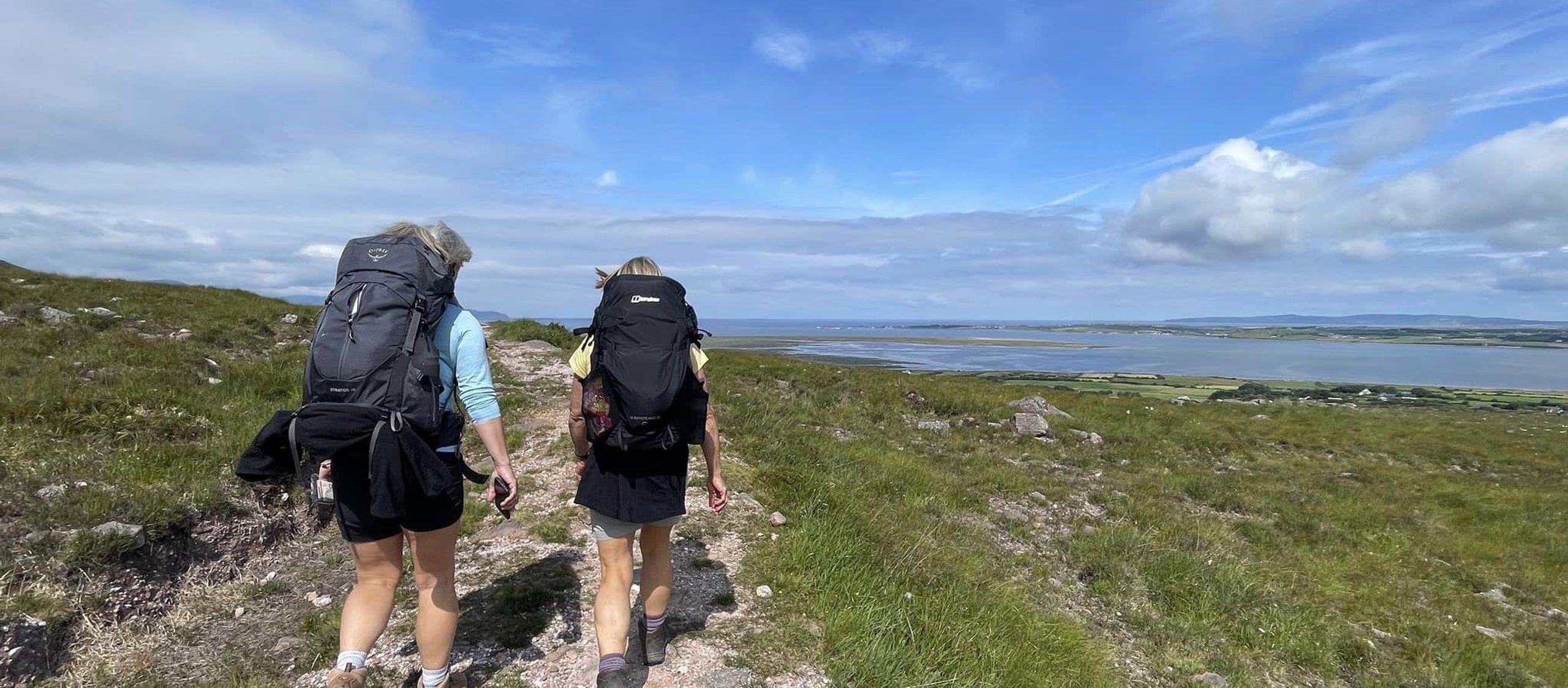Preventing Injuries: Don’t Let a Twisted Ankle Ruin the Day
One of the biggest reasons to train for a trek is injury prevention. Nothing puts a dampener on a trip quite like an avoidable injury, and trust us, the trek is a prime setting for sprained ankles, strained muscles, and the dreaded blisters.
Training before the trip strengthens muscles, improves balance, and increases overall fitness, making injuries less likely. When students and teachers take the time to prepare physically, they’re not only protecting themselves but also ensuring the entire group stays on track – no one wants to be the one who holds up the whole trek because they skipped the practice walks.
Encouraging proper training isn't about turning students into marathon runners; it’s about building the kind of resilience that keeps everyone safe and able to enjoy the experience. Simple exercises, like regular walks, stretching, and even some basic strength training, can make a massive difference.
STC TOP TIP: To help you find the perfect pair of walking boots, speak to a specialist in store rather than making a purchase online. They will be able to assist you in finding the best fit for you. We recommend opting for a sturdy pair with good ankle support and good grip. Before you head on your expedition, make sure your boots have had plenty of wear and are broken in, to avoid nasty blisters or niggly pains.

Physical Fitness: Enjoy the Walk, Don’t Just Endure It
Let’s be honest – trekking can be tough, especially if you’re not used to it. Hills that look manageable on paper can feel like mountains when you’re halfway up, and carrying a heavy rucksack can suddenly feel like you’ve packed a ton of bricks. That’s where physical fitness comes in.
When students and teachers are physically prepared, the trek shifts from being a gruelling test of endurance to a genuinely enjoyable experience. Building up fitness before the trip means that instead of struggling with every step, you can take in the views, chat with your mates, and actually enjoy the journey.
Training doesn’t have to be intense – a few regular walks, gradually increasing in length and difficulty, can work wonders. It’s about getting the body used to what it’ll face on the trek, so when the time comes, those hills don’t feel quite so intimidating. And the best part? A fitter group means fewer rest breaks, more energy for activities, and a much more pleasant atmosphere all around.

Mental Preparedness: Because It’s Not Just About Muscles
Physical fitness is only part of the equation. The mental side of trekking is just as important. Preparing mentally for a trek ensures that when the going gets tough, students and teachers alike can push through rather than give up.
Mental preparedness is about understanding that trekking isn’t always easy, but that’s part of what makes it rewarding. By training before the trip, you’re not just getting your body ready; you’re also preparing your mind. You’re teaching yourself to cope with the challenges – the rain, the long climbs, and the occasional moment of doubt.
For students, this mental toughness can be the difference between giving up halfway through and pushing on to the end. It’s about resilience, focus, and learning to appreciate the journey, even when it’s difficult. For teachers, it’s about being ready to motivate and support your group, knowing that a positive mindset can often be as powerful as strong legs.
Training: The Difference Between Struggling and Enjoying
In the end, training is what separates those who struggle through the trek from those who genuinely enjoy it. And let’s face it – school trips should be about enjoyment, not just survival. By taking the time to train, both students and teachers can ensure that they’re ready to face the trek with confidence, energy, and enthusiasm.
So, if you’re gearing up for a school trip involving a trek, don’t leave your preparation to the last minute. Start early, build up your fitness, and get your mind in the right place. Because when the day of the trek arrives, you’ll be glad you put in the effort – and so will everyone else around you.
